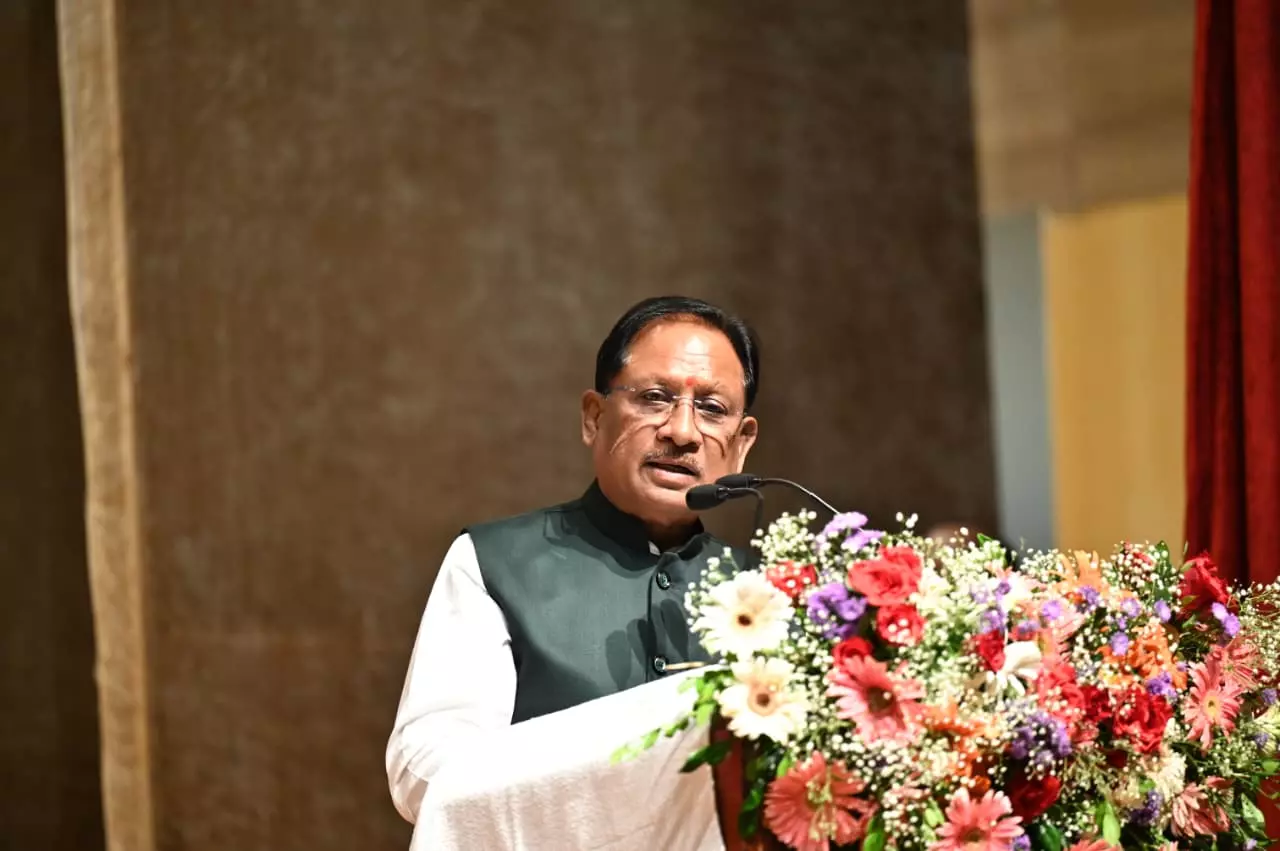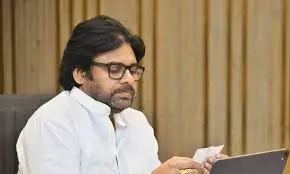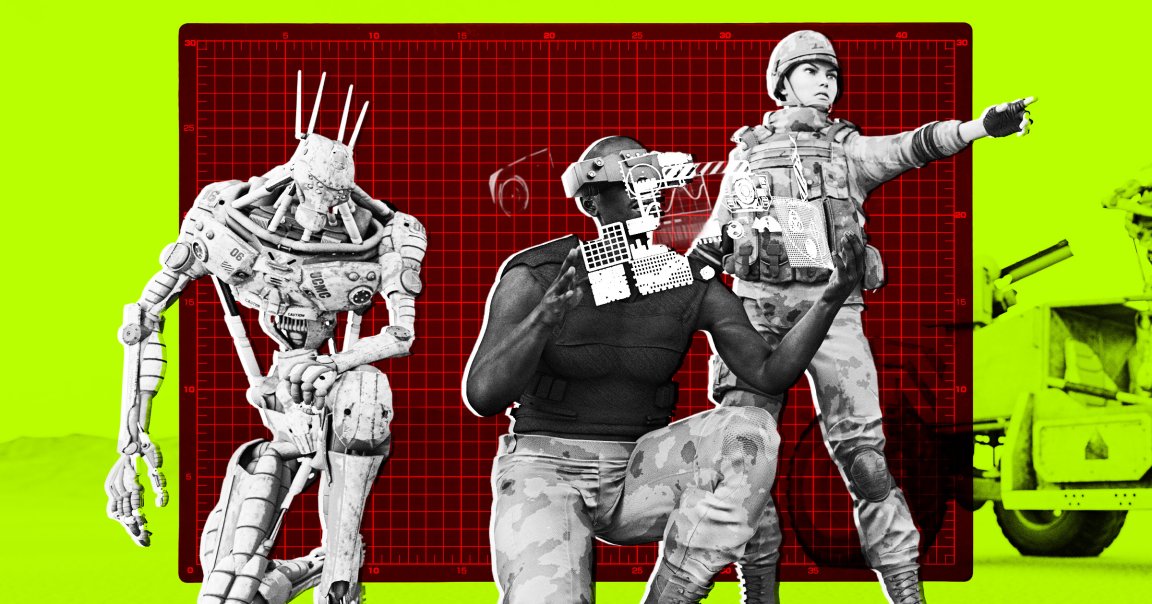
Raipur: Chhattisgarh chief minister Vishnu Deo Sai has laid emphasis on improving work culture in the state administration at the two-day conference of district collectors and superintendents of police (SP) here, which ended on Monday night, citing his decision to work on a Sunday as the benchmark.
“If I can work on a Sunday, why can’t you”, he told the babus and police officers at the conference.
The conference continued for around nine hours each day of the two-day event.
He said that officers must visit villages, procurement centres, schools, hospitals and spots where accidents take place, instead of making them busy with only routine work.
Laxity in work will no longer be tolerated and field visits and interactions with the people are mandatory, he said.
He said that a good officer is defined by sensitivity, field presence and public satisfaction and a good governance is not paperwork but delivery on the ground.
“Transparent and accountable administration, team spirit, and shared responsibility are the true foundations of a developed Chhattisgarh and governance can be effective when every officer fulfills their duties with integrity and works as part of a cohesive team”, he said.
Expressing concern over the growing cyber crime menace, the chief minister said that it has become the most complex challenge of the modern era and stressed the need for continuous technical training for police personnel to deal with the emerging threats.
Mr. Sai also took a firm stance on tackling drug abuse and illegal narcotics trafficking, calling them ‘the root of all crimes.’
“Eradicating addiction is the first condition for restoring law and order”, he said.
He informed that a special task force has been constituted to identify and control illegal infiltrators in the state.
He directed intensive checks in border districts and immediate action on suspicious activities.
“Ignoring smaller crimes often breeds major ones- every case must be addressed within a fixed timeframe”, he added.
An environment should be created where criminals will fear the law and citizens feel secure, he said.





